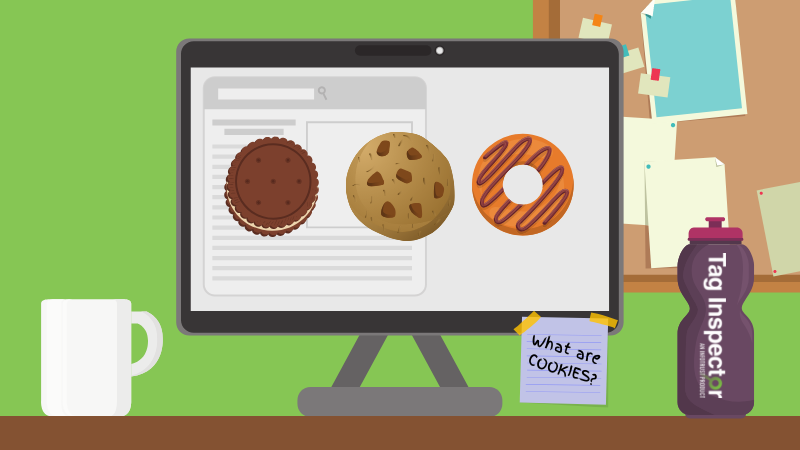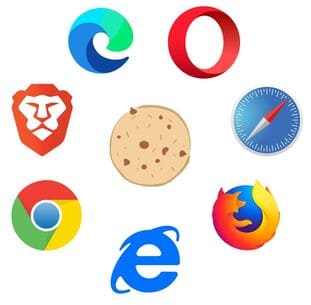
Bear in mind that some websites won’t work properly if you disable cookies for them. If you want to stay logged into the websites you use but block other websites from using cookies, check out our guide to blocking all cookies except for the sites you use. One problem with clearing cookies is that it will log you out of sites you use. For information on viewing and clearing your browser’s cookies, see our article on deleting cookies in the five most popular browsers on Windows. Under the Settings section on the left, click Cookies and site permissions. In the drop-down menu, near the bottom, select Settings. Each browser’s Clear Private Data tool will also delete cookies. Click the Settings and more icon in the upper-right corner of the browser window. You can manage your browser’s cookies from its settings window. Tracking networks can also use the data for other purposes - for example, selling aggregated browsing data to others. Depending on the advertising network, you may be able to opt out of this - as with the Google Ads Preferences page, which also shows the advertising categories you’ve been assigned by Google based on the websites you’ve been tracked across. The advertisements may not be related to the website you’re currently on, but they will be related to the websites you were visiting before. This information is used to target ads to you - for example, if you search for car insurance and later visit a news website, you may see advertisements for car insurance on the news website. In this way, the advertising networks track you across the web.

When you visit another website that uses tracking scripts from the same network, the advertising network can check the value of your cookie - it knows the same person visited both websites. When you visit website that uses scripts from an advertising network, that network can set a cookie in your browser. Advertising and tracking networks use tracking cookies to track you across the web. However, cookies can also be used for more questionable purposes. For example, if you’re shopping on Amazon, Amazon can remember the products you’ve browsed and recommend similar products - even if you’re not logged in.


Cookies allow websites to provide personalized content.You couldn’t change settings and have them persist between page loads without cookies. Cookies store preferences on websites.Websites use cookies to remember and identify you. Without them, you wouldn’t be able to log into websites. The web wouldn’t be what it is without them today. As we’ve seen, cookies have a number of very important uses.


 0 kommentar(er)
0 kommentar(er)
